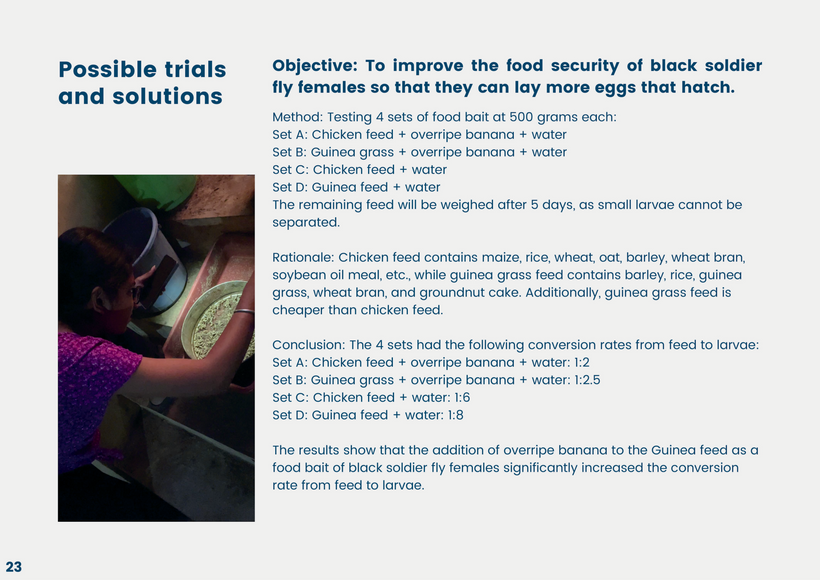
Waste Management System:
Sustainable Yet Financial
The rise of urbanization contributes to growing landfills, a major environmental issue emitting greenhouse gases, causing nutrient loss, and health risks. Ineffective segregation of organic and non-organic waste slows decomposition and creates anaerobic conditions, releasing toxic gases, foul odors, and leachate with heavy metals and pathogens. Current waste management systems rely heavily on energy-intensive landfilling and incineration, yielding low financial returns for municipal corporations.
This study explores eco-friendly and economically viable waste management practices, aiming to return nutrients to the soil, reduce harmful emissions, and minimize landfilling. Combining experimental research, field studies, secondary studies and insights from Vigyan Ashram (Pabal, Pune) and Pirana (Ahmedabad), to propose a replicable sustainable model for municipalities, societies, and individuals.
-
Semester 7 - Internship (Vigyan Ashram; Position: Research and Product Designer)
-
Semester 9-Dissertation (Self)
-
Semester 10 (Current, Working Project)-Graduation Project (Self x Viyan Ashram)


Keywords
Waste Management, Financial, Sustainable, Dry and Wet Waste,
Environmental loss, Rapid Urbanisation



Why this Topic?
Introduction

Research Question
How can waste management practices be improved to transition from unscientific and toxic disposal methods to sustainable, scientifically driven solutions that mitigate environmental and health risks while also generating financial yields?
What?
Concept Development based on my Internship experience
In order to overcome the perception that waste management is financially not viable, it is essential to design a model that encompasses profitability along with efficient waste management based on circular economy principles.
The strategy, together with testing and validation, is currently under development within my graduation project with a goal to publish.
Note: The contents of the internship are part of the solution and are not fully documented here, as they are in the process of being published.

How?
Internship Overview: Literature Study
















